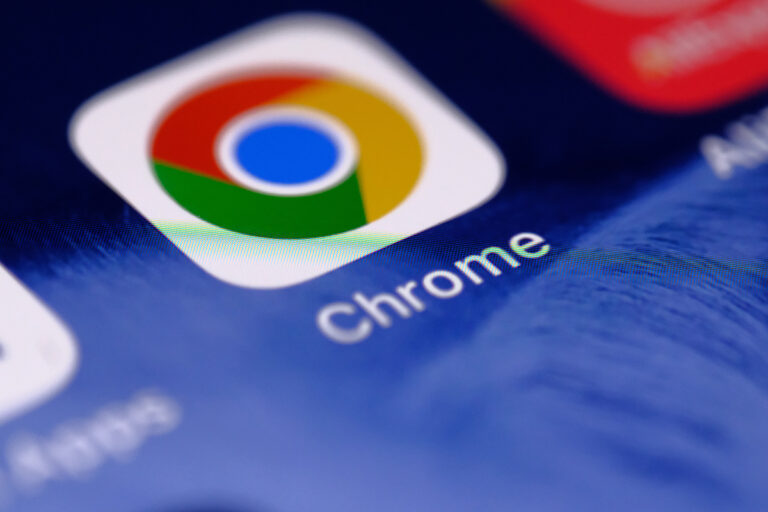Google seems to have avoided the worst in its antitrust case – it won’t have to sell its Chrome browser – but faces a massive shake-up in how it shares data with its competition as a five-year legal battle with US authorities came to an end on Tuesday.
US District Judge Amit Mehta ruled Google could keep Chrome and its Android operating system, the combination that has made the company dominate the online advertising business. He concluded selling Chrome would be an unwarranted step that “would be incredibly messy and highly risky.”
Judge Mehta also did not ban completely, but restricted the payments that Google uses to ensure its search engine gets prime placement in web browsers and on smartphones.
However, the judge ordered Google to share data with rivals to open up competition in online search. The 223-page decision in Washington will have big after-effects for an industry that faces increasing threats from artificial intelligence, with offerings from companies like OpenAI and Perplexity becoming popular by the day.
The advancement in AI played a role in the judge toning down what many expected to be a much more severe punishment for Google. Both Perplexity, which made an unsolicited bid of $34.5 billion, and OpenAI had shown interest in buying Chrome browser if it was divested.
“Notwithstanding this power, courts must approach the task of crafting remedies with a healthy dose of humility. This court has done so,” Judge Mehta said in his ruling, saying that the AI companies are already better placed to compete with Google than any search engine developer has been in decades.
“Unlike the typical case where the court’s job is to resolve a dispute based on historic facts, here the court is asked to gaze into a crystal ball and look to the future. Not exactly a judge’s forte.
“The money flowing into this space (AI), and how quickly it has arrived, is astonishing.”
On not banning payments, the ruling added: “Cutting off payments from Google almost certainly will impose substantial – in some cases, crippling – downstream harms to distribution partners, related markets, and consumers.”
However, the ruling will pry open some of the prized databases of closely guarded information about search that have provided Google with a seemingly insurmountable advantage. Google will have to make available to “qualified competitors” search index data and user interaction information that these competitors can use to improve their services.
The markets reacted positively to the news as the stock price of its Alphabet, Google’s parent company, surged more than 7 per cent in extended trading. It closed at US$211.15 on Tuesday, but has improved to US$226.3.
Reacting to the ruling, Google said in a blog post: “Today’s decision recognises how much the industry has changed through the advent of AI, which is giving people so many more ways to find information. This underlines what we’ve been saying since this case was filed in 2020: Competition is intense and people can easily choose the services they want. That’s why we disagree so strongly with the Court’s initial decision in August 2024 on liability.
“Now the Court has imposed limits on how we distribute Google services, and will require us to share Search data with rivals. We have concerns about how these requirements will impact our users and their privacy, and we’re reviewing the decision closely. The Court did recognise that divesting Chrome and Android would have gone beyond the case’s focus on search distribution, and would have harmed consumers and our partners.
“As always, we’re continuing to focus on what matters — building innovative products that people choose and love.”
The case was filed by the US Department of Justice in 2020 and joined by over 30 state attorneys general.
CNBC estimated that more than US$26 billion a year is at stake for Google, US$20 billion of which goes to Apple – nearly a quarter of Alphabet’s operating income.





